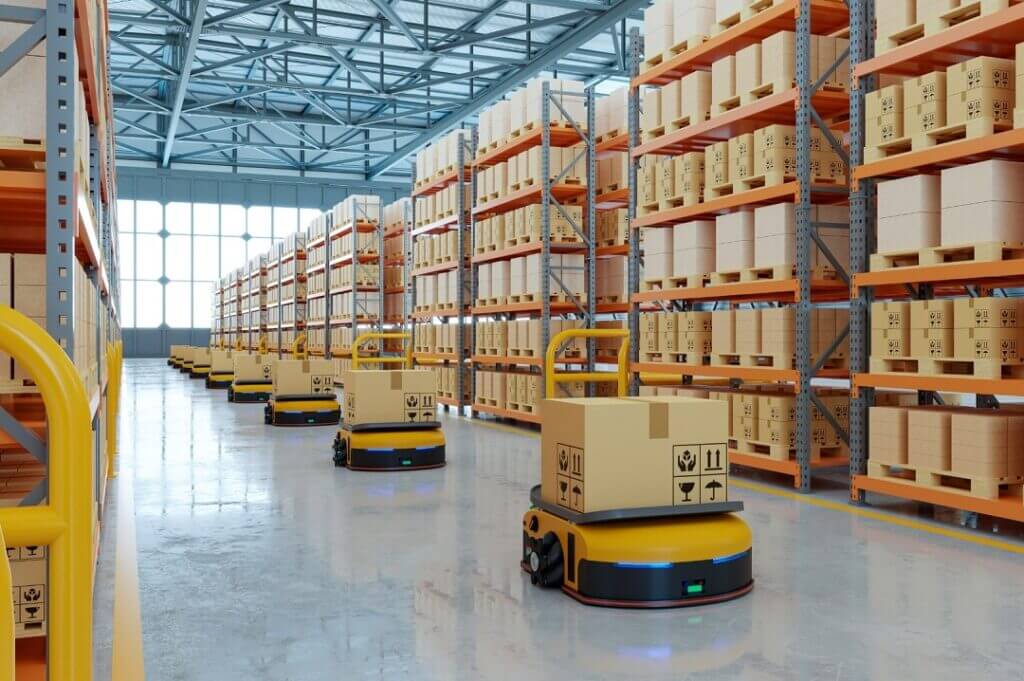Automotive logistics refers to the smooth transportation and storage of produced automobiles, their supplies, and replacement parts from the manufacturer to the supplier or end-user. Automotive logistics includes supplying components and spare parts and offering warehousing services, allowing a seamless flow of activities throughout the process.
The European Automobile Logistics Market
The European automobile logistics market is predicted to expand faster than now. The growing number of collaborations between vehicle manufacturers and logistics partners, as well as the increased focus on extending the number of automobile production units throughout the world, are the primary drivers driving the growth of the automotive logistics industry.

Even to this day, the European automotive logistics industry has made enormous gains, particularly in cost management and logistics efficiency, as well as in introducing new technologies and creating new market prospects. However, rising supply chain complexity is projected to impede the expansion of the automotive logistics industry.
Turmoil Faced by the European Automotive Industry
Any market supply chain is always impacted by external variables such as fuel price variations, supplier/buyer relationships, consumer behavior, and partner ecosystem. Designing and planning supply chains for their consumers necessitates constant coordination with other duties like storage, transportation, facility design, order collecting, commodities distribution, order management, and customer support.
In addition, rising globalization, EU expansion, global recession, faster digitization, Brexit, OEM consolidation, a pandemic, and now war, energy crises, climate disasters, spiraling inflation, and chronic material, capacity, and skill shortages have all posed significant difficulties to the industry.
These intertwined concerns, together with the wholesale transition of the European automobile sector toward electrification, digitalization, and sustainability, have earned the highest honor. It is an age in which the region’s OEMs, suppliers, regulators, and logistics players must collaborate to alleviate the worst of the present problems while not losing sight of the prospects and requirements of a rapidly evolving sector.
European Automotive Logistics & Transportation
The logistics companies that provide transportation management services like SHAOKE, are integral to the automotive industry’s success. It serves as a mediator between automobile factories and transportation providers, arranging domestic and international transportation. It oversees all material and product movement from the origin to the destination through road, rail, ocean, or airways.
Transportation is an essential component of logistics operations and contributes to logistic costs. Furthermore, technical advancements in the system enable delivering more extraordinary services to clients, whether worldwide or domestically.
Hence, Europe is expected to develop rapidly due to increased automotive volumes from ports and plants to railways and trucking businesses. European automotive logistics businesses are expanding their business with China and adopting the Europe-China railway route for automobile components and final cars. Germany dominates the market and is expected to take most of it over the forecast period. As one of the foremost luxury automobile manufacturers, Germany has around 70% of OEM manufacturers of premium cars and SUVs.

